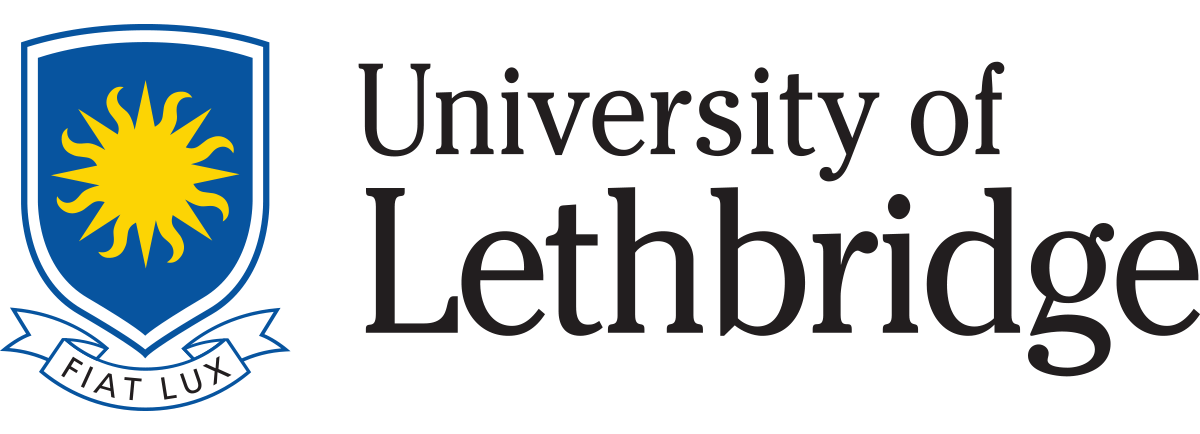Citation:
Abstract:
This paper uses Canadian provincial-level data and a variant of James Duesenberry’s relative income hypothesis proposed by Frank et al. (2010) to examine the relationship between income inequality and savings rates. The theory predicts that increased expenditure of top income earners leads those just below them in the income scale to spend more as well, then the next group also spends more, and so on. This phenomenon is due to people’s status seeking behaviour. Hence,
increased income inequality will trigger increases in consumption by individuals in all income groups, which in turn leads to declining personal savings rates. The empirical analysis based on this theory led to some interesting findings. First, at the national level, increased income inequality has a significant negative effect on personal savings rates. At the provincial level, the relationship also emerges in eight of ten provinces. Second, both the national and provincial results imply that growth in per capita income that worsens income inequality impacts negatively on personal savings rates. I interpret the results as evidence that social factors such as status-seeking generate consumption interdependence and are significant determinants of consumption and savings decisions of Canadians.


